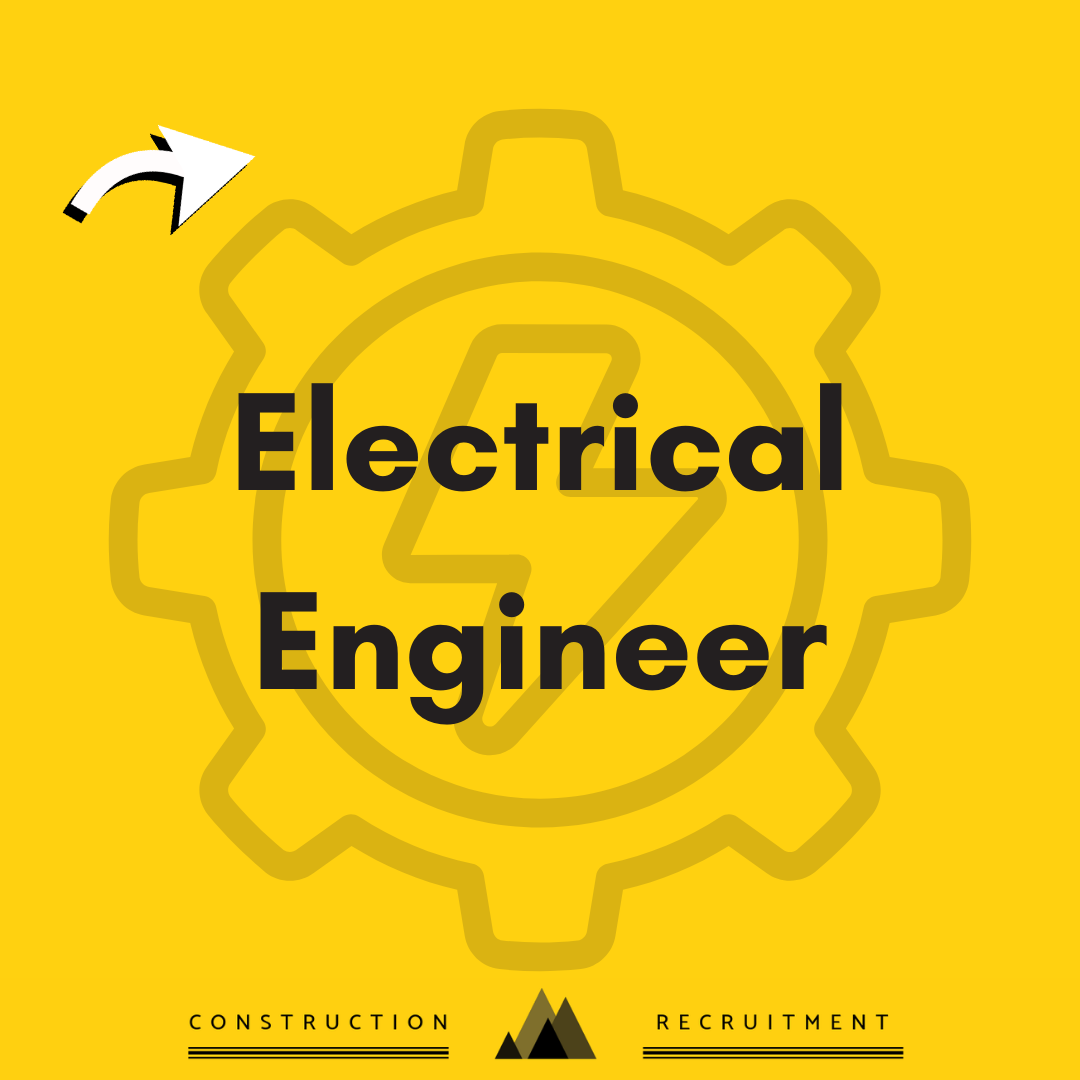
06 May Signs a Career as an Electrical Engineer is for You
An electrical engineer designs and maintains electrical systems and equipment across sectors including the construction, transportation, manufacturing and energy sectors. Here are the signs you’d make a good electrical engineer:
You have…
- project management skills
- the ability to multitask
- commercial awareness
- an analytical and problem-solving approach to work
- oral and written communication skills to make technical information easy to understand for non-technical audiences
- flexibility in order to adapt to evolving technologies
- planning and organisational skills, such as time and resource allocation
- the ability to work in a multidisciplinary team
- leadership and management skills to help with career progression
- a commitment to continuing professional development (CPD) throughout your career.
You want to…
- Design systems and products
- Record and analyse test data
- Service and maintain equipment
- Prepare product documentation, write reports and give presentations
- Work on projects alongside a team of specialists from a range of disciplines such as architects, marketing and sales professionals, manufacturers, technicians and customer service personnel.
- Communicate with clients and contractors
You don’t mind…
- Occasionally working extra and unsocial hours to meet deadlines
- Conducting further education studies and work experience to enter the profession
Getting started
It’s common to enter the profession with a degree in electrical or electronic engineering or another relevant subject.
Some degrees are accredited by a professional body, such as the Institution of Engineering and Technology (IET). This is helpful for achieving the status of incorporated engineer (IEng) or chartered engineer (CEng) at a later date.
If you already possess a relevant Higher National Diploma or foundation degree, it may possible for you to enter a university course directly into the final year of the degree programme.
Employers value professional status and industrial experience highly so a postgraduate qualification is not essential but a Masters qualification can help with career progression.
Some degree programmes include a year’s paid industrial placement. If this is not the case for your course, you can organise work experience independently to develop your professional experience and build a network of contacts. Employers may advertise structured work experience opportunities or you can reach out to companies you’re interested in working for through speculative applications.
Search all electrical engineering jobs on our vacancies page.
Article source: https://www.prospects.ac.uk/job-profiles/electrical-engineer
Contact Information:



